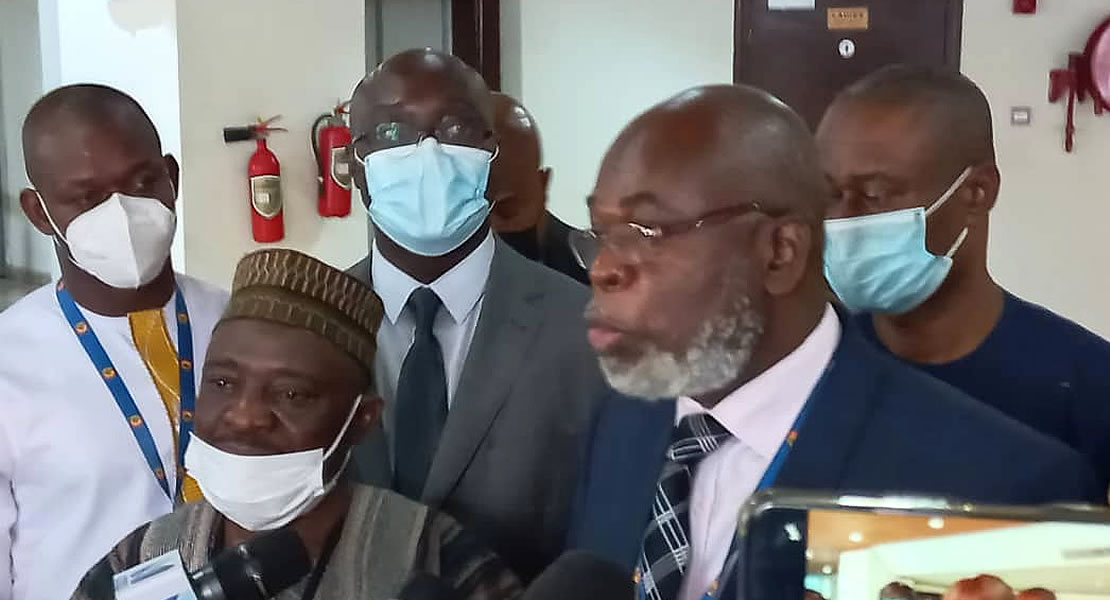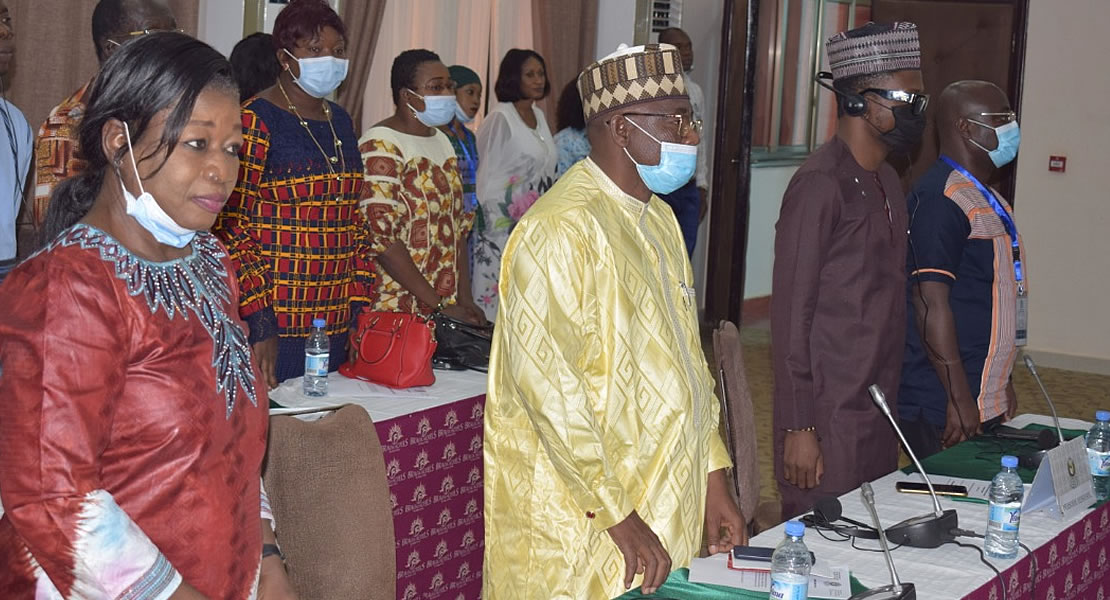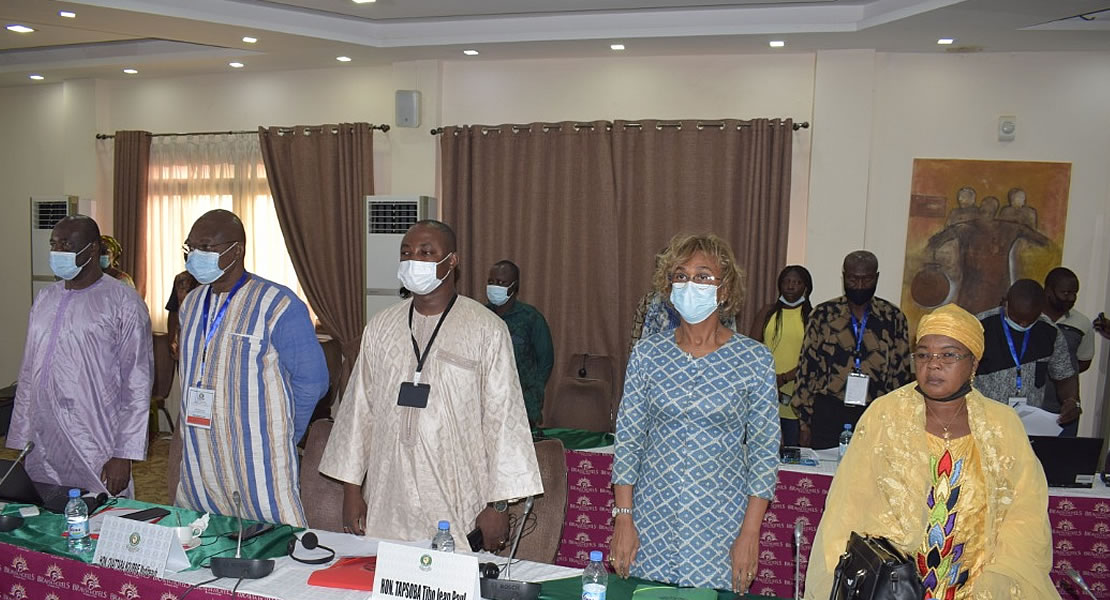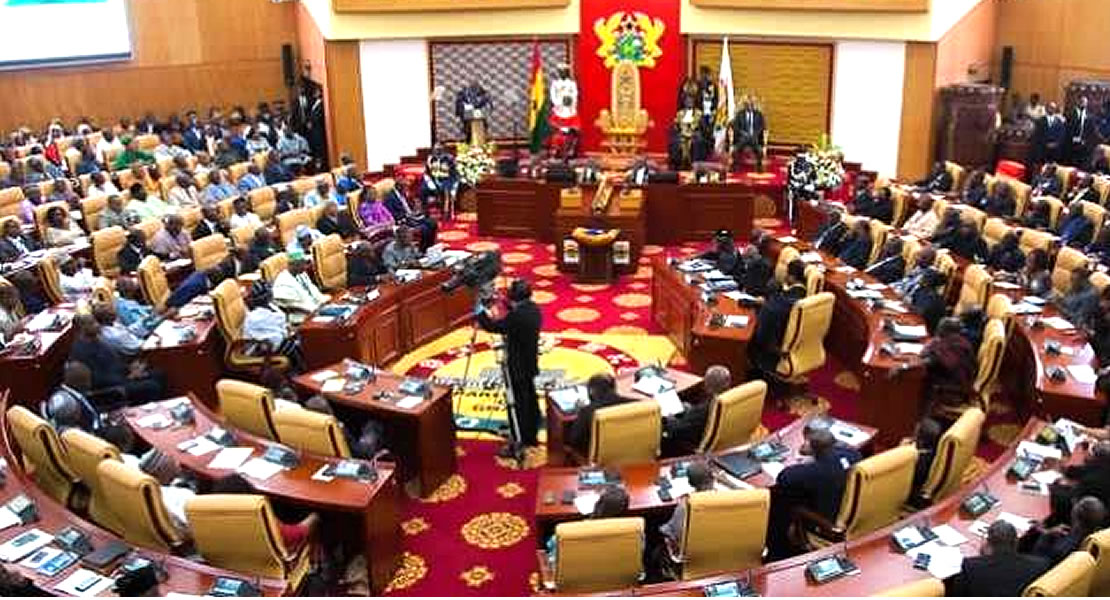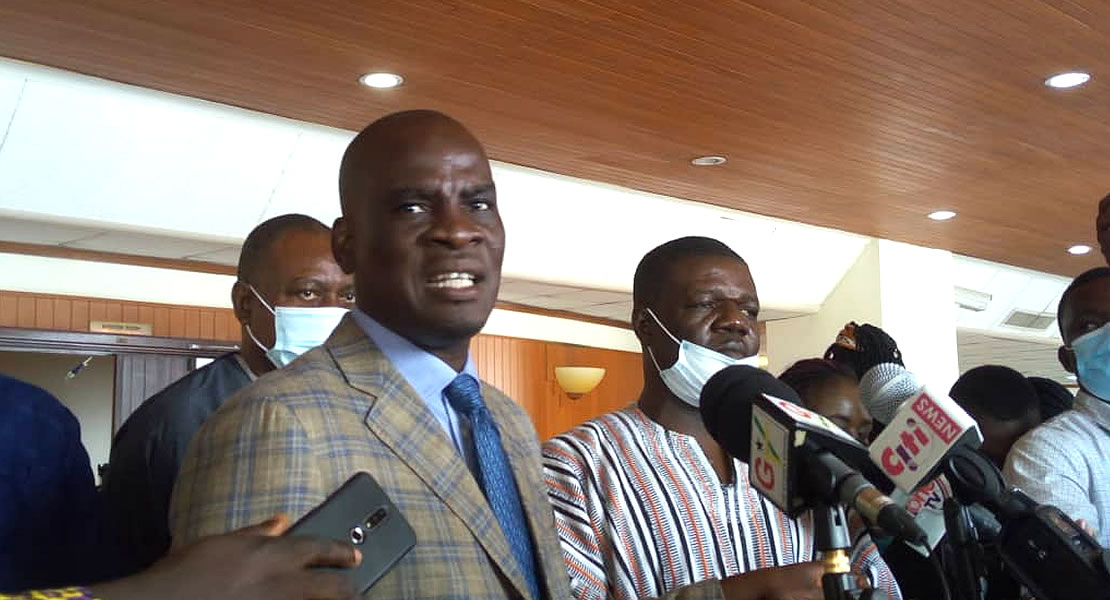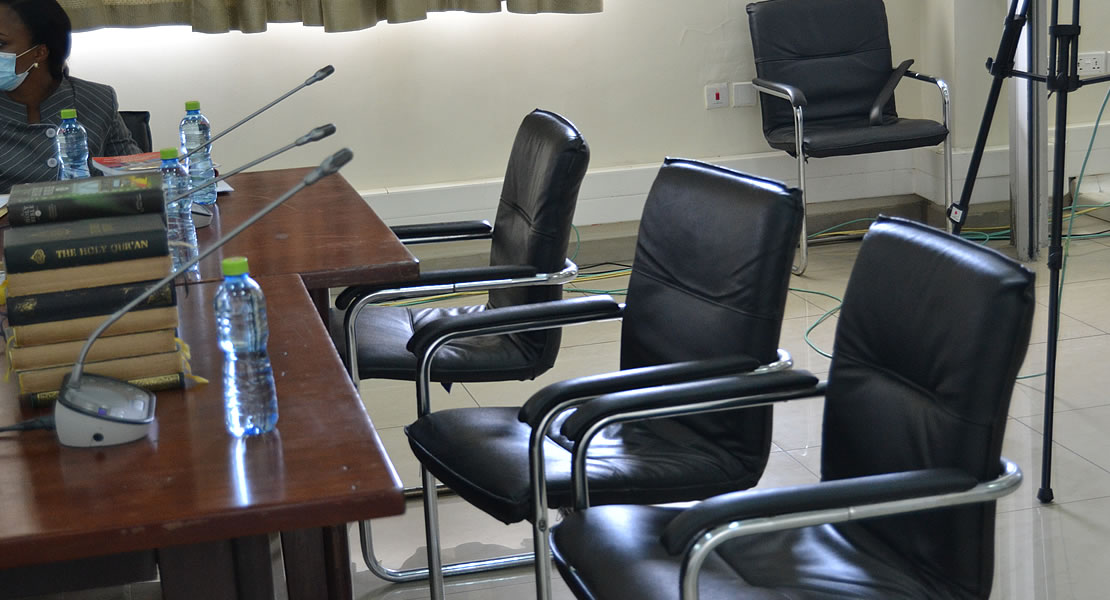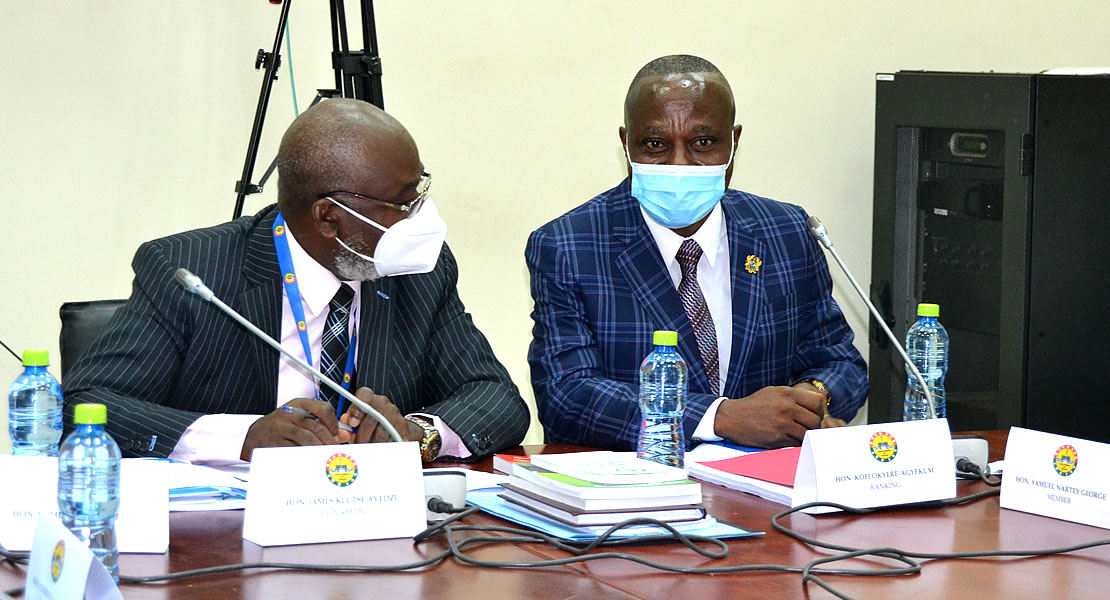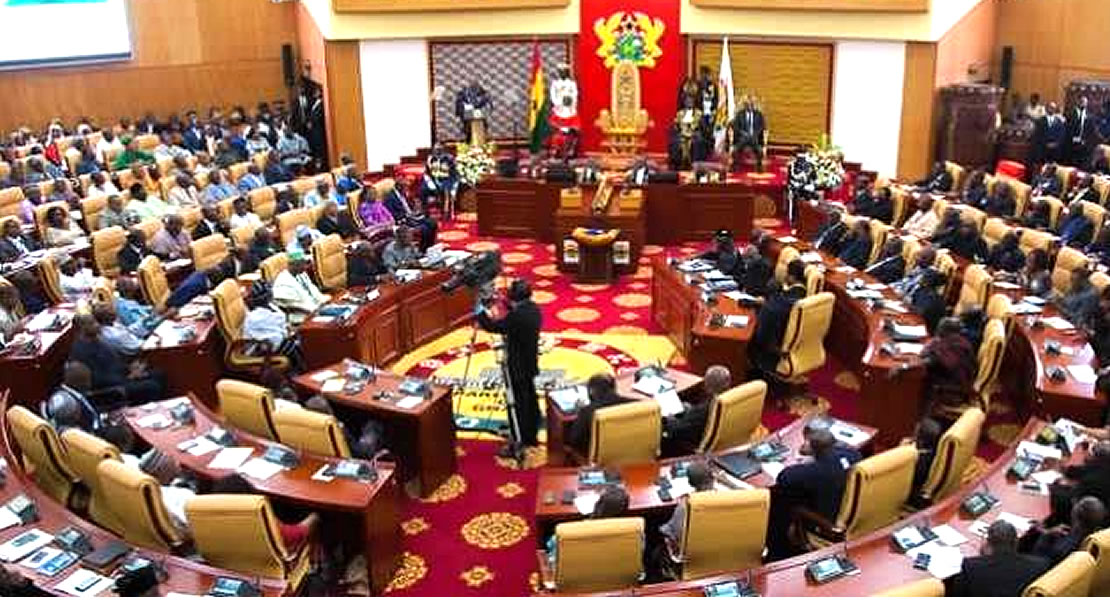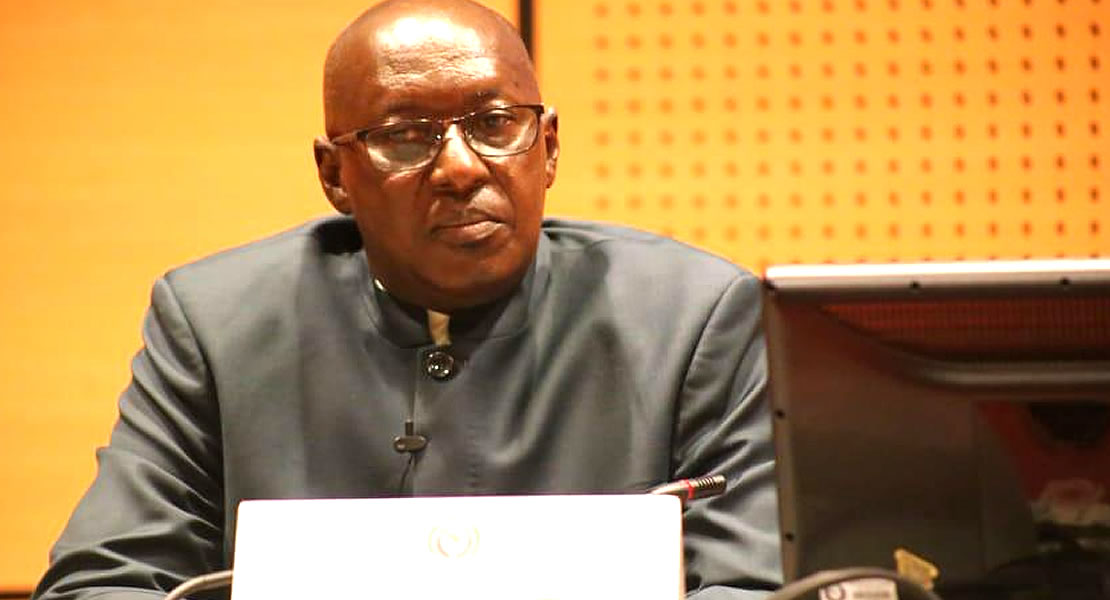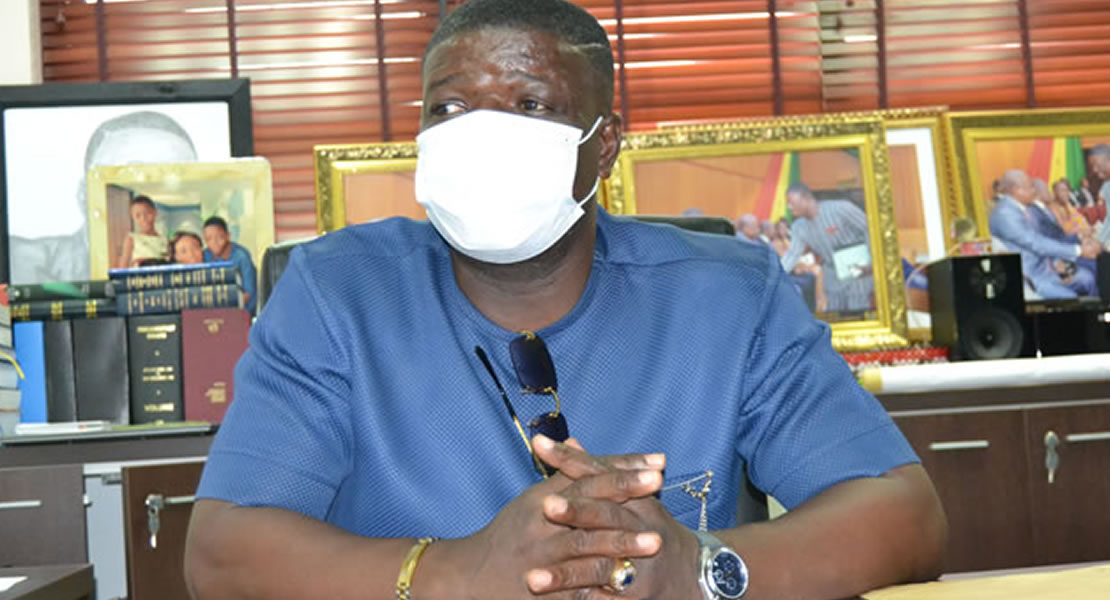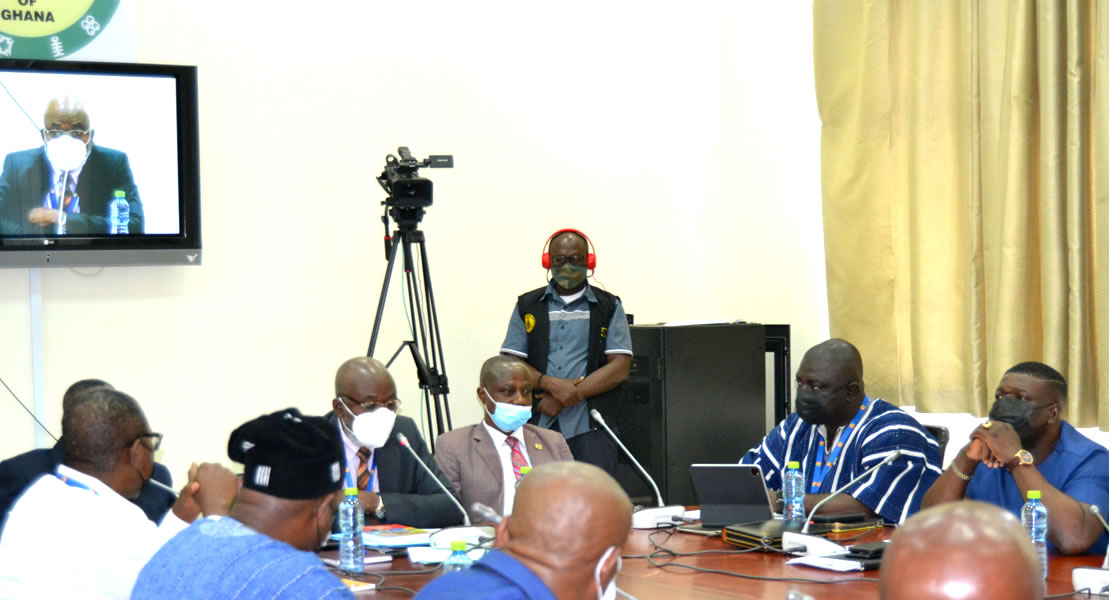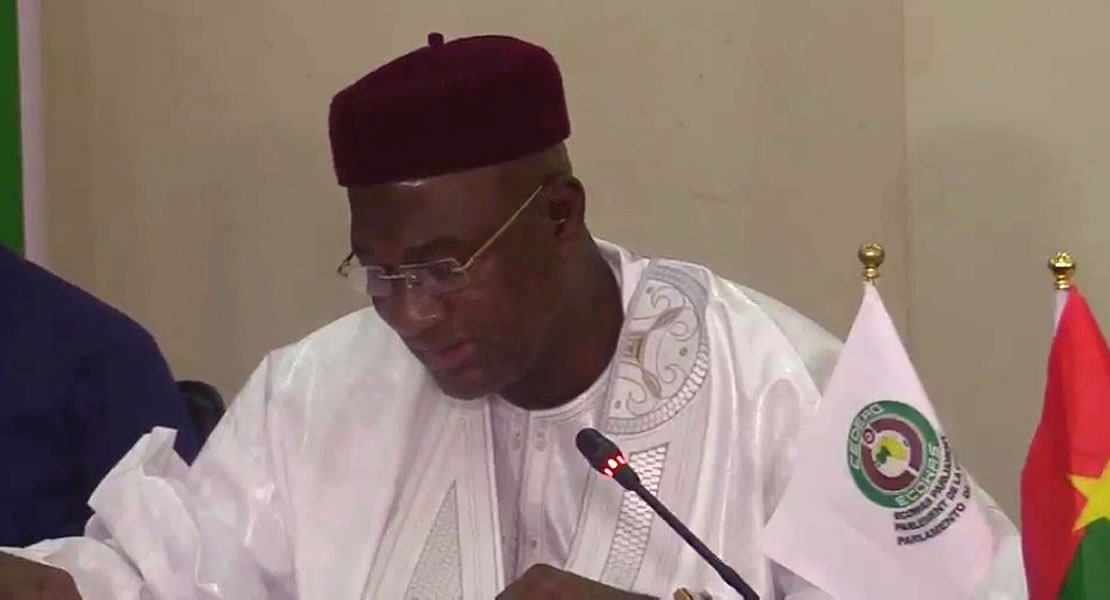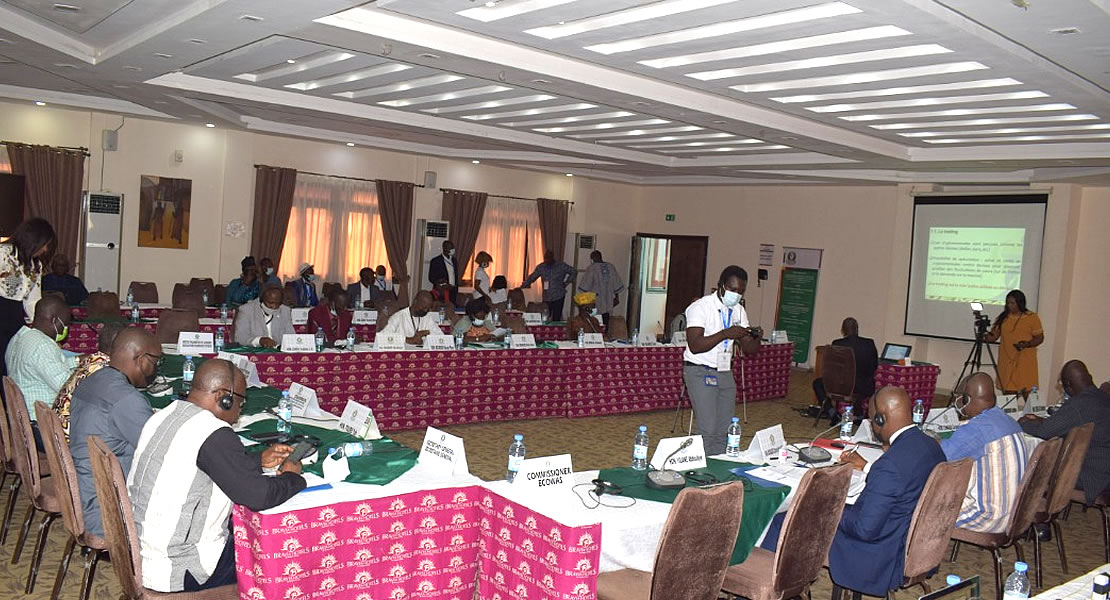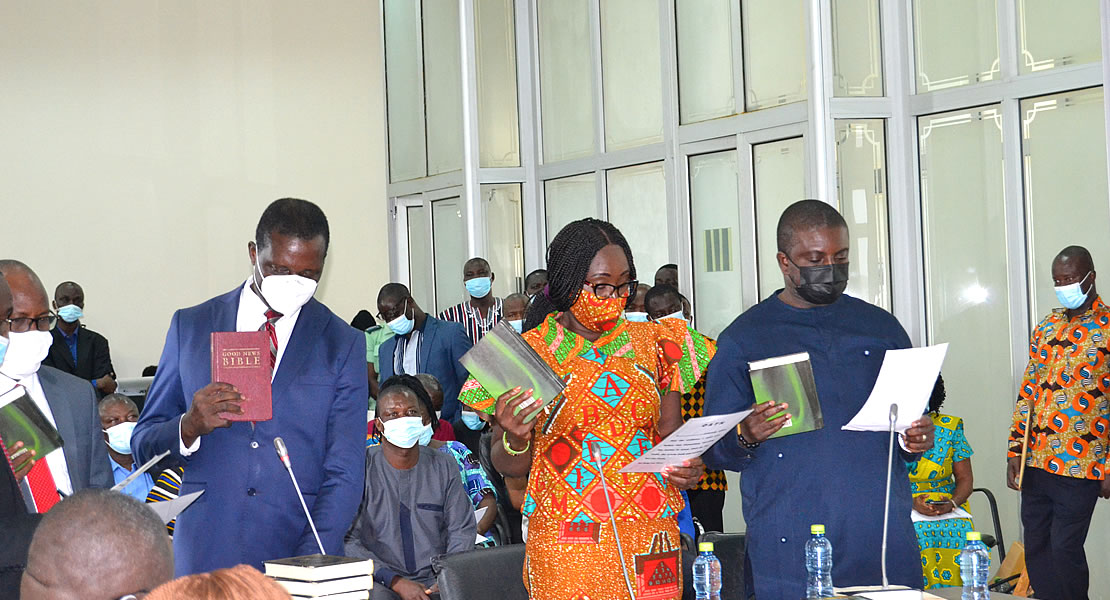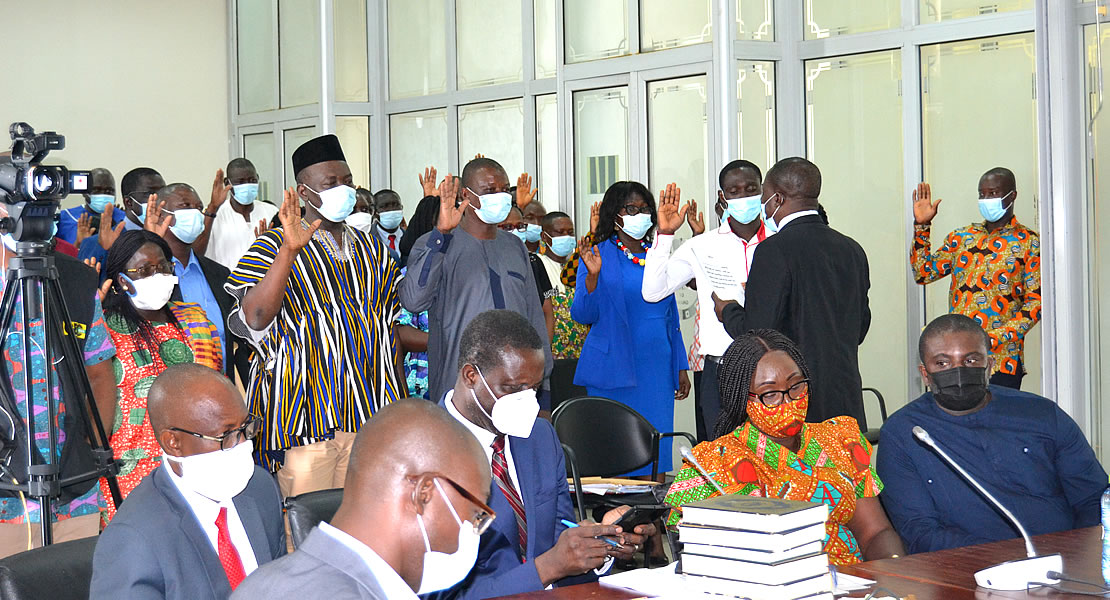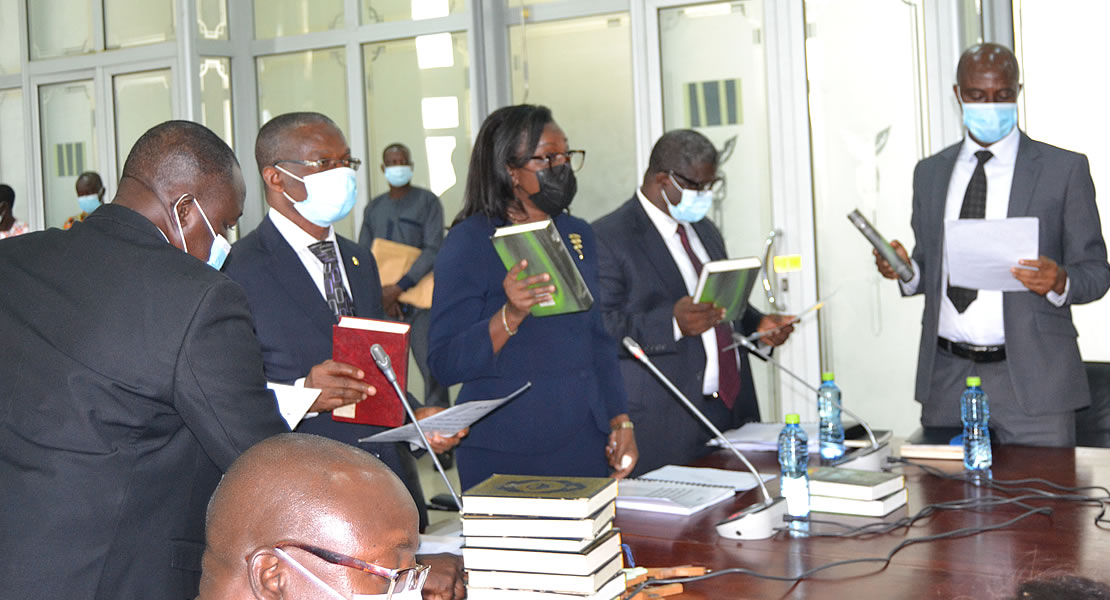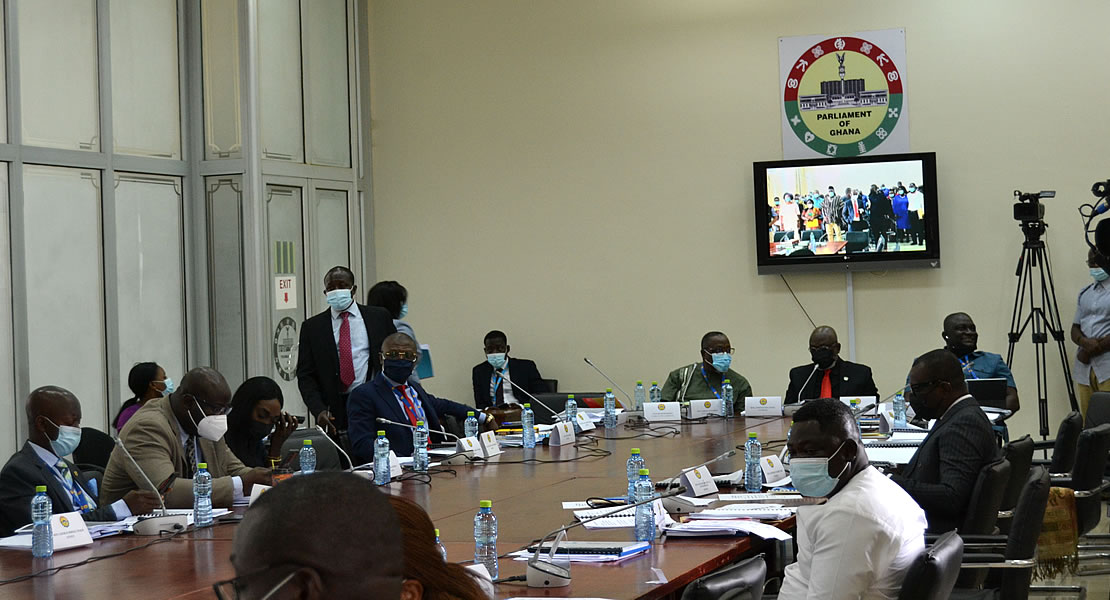The Minority in Parliament believes it is about time the country instituted some reforms into the handling of emoluments for Article 71 office holders.
Addressing the media in parliament following the public outcry that greeted news about the first and second ladies of the land being included among beneficiaries of emolument for Article 71 office holders as approved by the 7th Parliament, the minority believes the manner in which issues concerning emoluments are handled is a major course for worry.
They indicated that either issues surrounding emoluments are handled in secrecy or rushed through parliament usually at the last minutes depriving members of parliament from critically perusing the documents.
Some of the members who happened to be part of the 7th parliament complained that they have not seen the report, “I am saddened that as a member of the 7th parliament I did not get the opportunity to see the report, that is why we are calling for reforms, and that reforms is urgently needed”, Cassiel Ato Forson stated.
He indicated that “the President must appoint the Emolument Committee in time for them to submit their report in time, for members of parliament to have enough time to be able to peruse the documents, approve or disapprove. You don’t wait until the dying hours, dying minutes of the parliament for us to approve it.”
He argued that in the dying moments of the last parliament almost 50% of its members lost their seats or did not contest so they were not coming to parliament, “so you can’t wait till that time, bring a document of so much sensitivities and say that members of parliament have approved it without seeing the document.
He called for the issue to be revisited stating that “in every democracy there is something we call continuous improvement; you learn from mistakes and you make sure you fix it. It is a fact that we need to reform the way the Emolument Committee’s report is being presented to us, and we’re not running away from it, and I think that all of us should have had the opportunity to receive a copy of the document.
Mr. James Klutse Avedzi, also argued that, parliamentary approval does not give legitimacy to including the first and second ladies in the list of beneficiaries because they are not members of Article 71 holders. “The approval of that that report by the parliament cannot amend the constitution”.
Dominic Shirimori/Ghanamps.com
